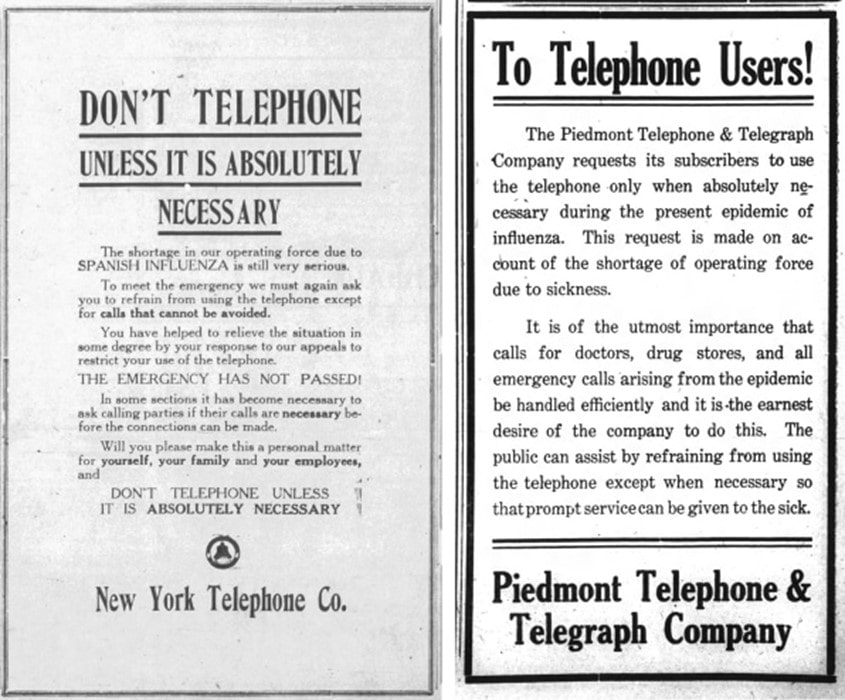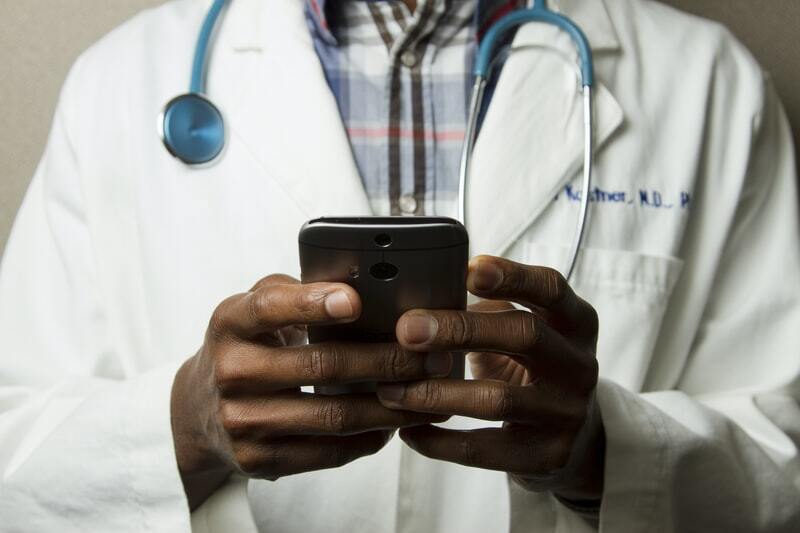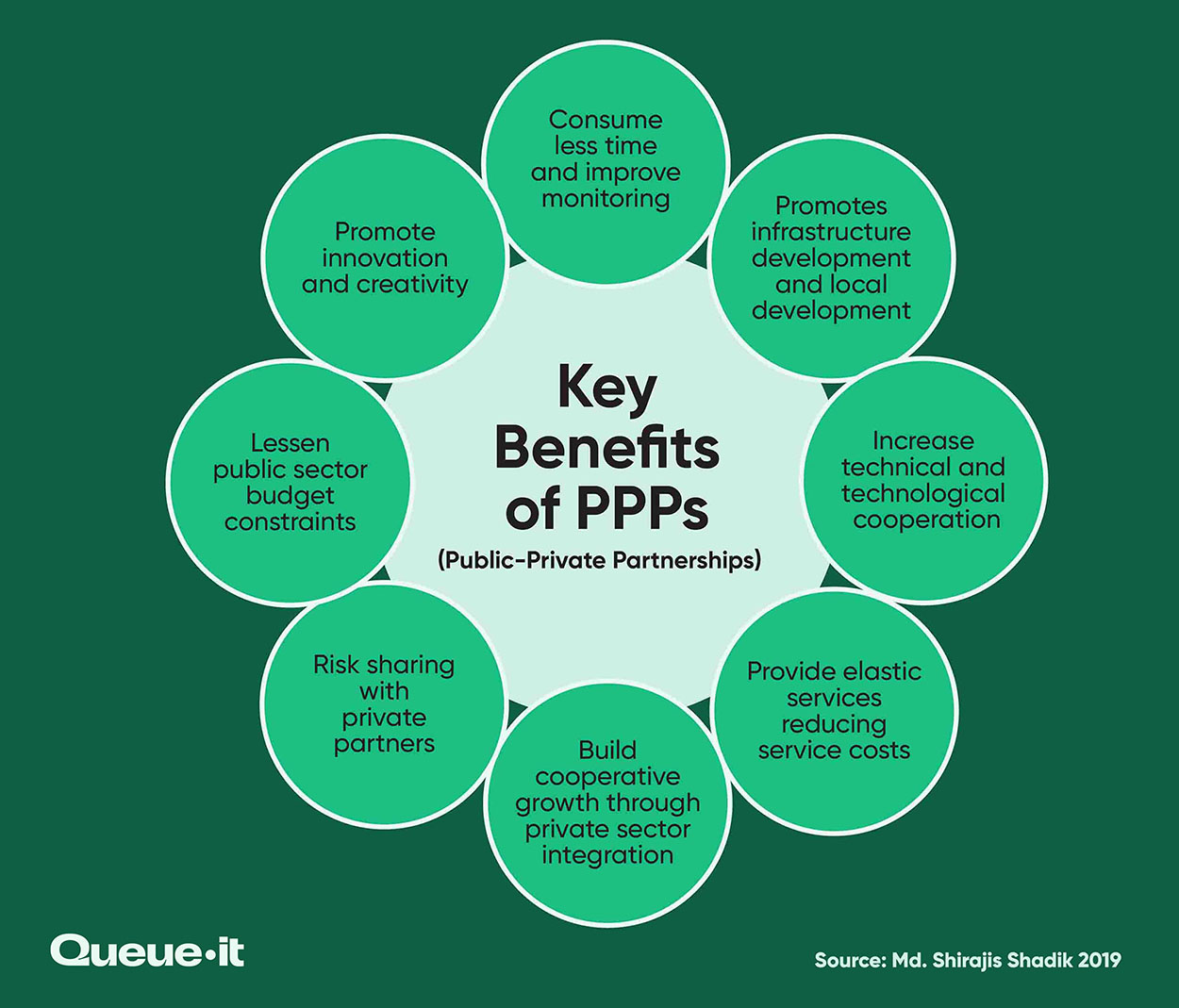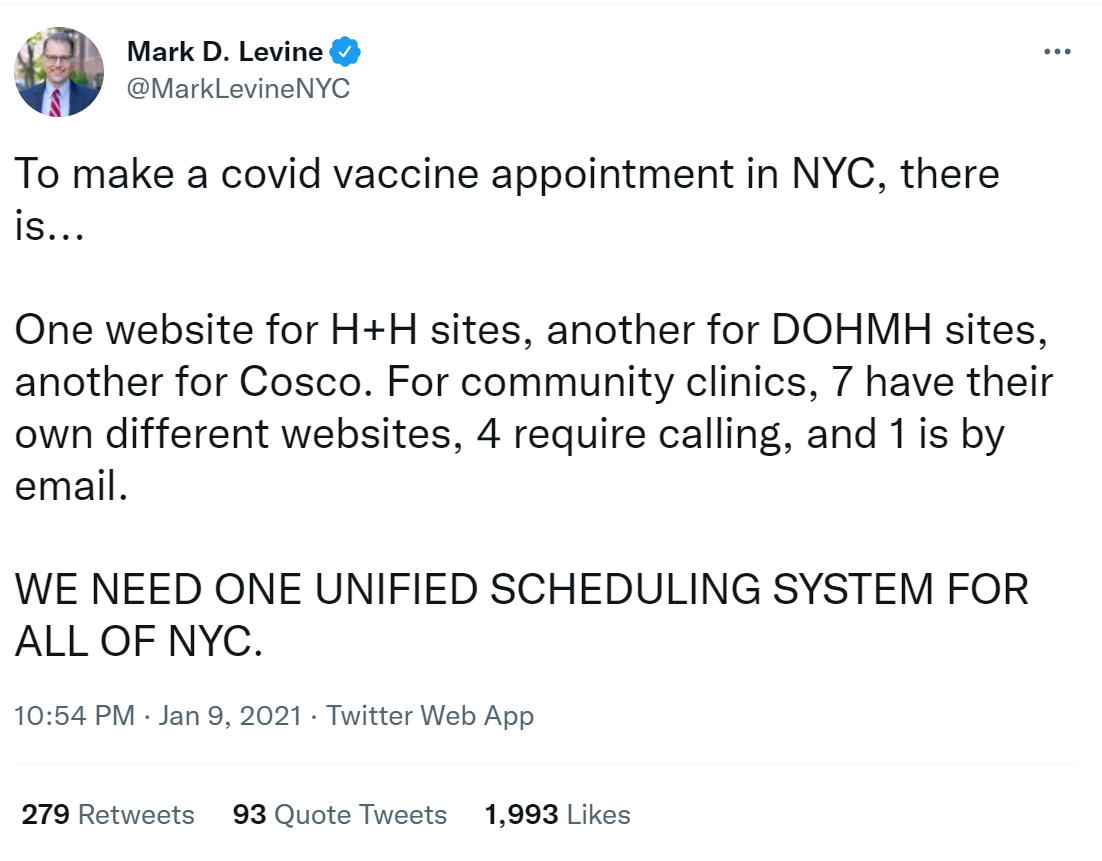6 ways to improve COVID-19 vaccination registrations

With booster vaccines being rolled out across the globe, it’s clear COVID-19 vaccinations are here to stay. In this blog, we look back at the top lessons learned from the first 15 billion vaccinations. What mistakes have been made? What lessons have we learned? And how can we ensure vaccination registrations run smoothly and fairly in the years to come?
With over 15 billion COVID-19 vaccines administered worldwide, the first round of vaccinations is well and truly under way.
While some countries are still in the midst of their first vaccination rounds, many nations are already rolling out their third and even fourth shots for citizens.
One thing is clear: COVID-19 vaccinations aren’t stopping any time soon.
With this in mind, let’s look back at what we’ve learned from the first round of vaccination registrations, and the lessons it’s taught us about how public sector services can successfully and sustainably move online.
Discover the 6 strategies egovernment leaders use to deliver a better citizen experience

The first 15 billion: What went wrong?
The rollout of COVID-19 vaccinations is unprecedented in at least two major ways. First, they’re among the most high-demand vaccines in history. Second, they’re being rolled out on a global scale primarily through online booking systems.
With so many stakeholders involved, and billions of people trying to get vaccinated, there were bound to be issues. But this doesn’t make stories of good vaccines going to waste and thousands of appointments being cancelled any less frustrating.
Let’s start by looking at a few of the challenges we’ve seen across the world during the first round of COVID-19 vaccination registrations:
- Canadians needing to call multiple pharmacies individually to ask about vaccine availability
- Malaysians frustrated with a non-functional online booking system
- New York vaccine rollout hampered by confusion and frustration with sign-up process
- Websites and server crashes for vaccination registrations from Europe to India to the Americas
- Australians wrongly registered as vaccinated
- Americans writing their own code to notify them of open vaccine slots
- Vaccine appointments registered at closed vaccine clinics in New Zealand
So, what went wrong? And more importantly, what have we learned that can prepare us as vaccines continue to be distributed over the coming years?
RELATED: How Denmark Became a Global Leader in Public Sector Digitalization
Top 6 Lessons learned
1. Communication is key
From the beginning of the pandemic, far-reaching and accurate communication has played a crucial role in distributing advice, instilling confidence, and promoting healthy behaviors.
But there have been many cases during the first round of vaccinations in which a lack of communication left people confused and unprepared for the vaccination process.
Take the case of New York, where during the first stage of the rollout, people couldn’t figure out where to book a vaccination.
But communication issues don’t stop at the booking stage, says Lorrin Pang, the district health officer in Maui, Hawaii. She told the MIT Technology Review:
“When people signed up with VAMS [a vaccine management system], I couldn’t send specific instructions about the drive-through: Eat before you come, use the bathroom. Elderly guys who didn’t get the message—a lot of them had to get out of their cars and be helped to the bathroom.”
The lack of capacity for communication during and after the booking process left patients unprepared and frustrated. This creates a worse experience both for those getting vaccinated, and those administering vaccines.
Pfizer’s CEO Albert Bourla expects we’ll need COVID-19 vaccines every year, like flu shots. If this is the case, the paths to getting vaccinated will have to be clearly communicated and problem-free.
Governments need to set expectations surrounding vaccinations, prepare their citizens, and follow-through.
Communication is key to creating a good experience. And a good experience is key to ensuring people return for vaccinations year after year.
2. Design for everyone
Government websites have never been famous for their flashy or intuitive design. But good user interface (UI) and user experience (UX) is crucial to encouraging desired behaviors and creating fairness. And website design is especially critical when there are millions of people from all ages and backgrounds visiting booking sites to secure themselves life-saving vaccines.
The distribution of vaccines to pharmacies, medical centers, hospitals, and built-for-purpose facilities has provided greater access to vaccines. But this distributed system also means booking a vaccination is often a very different process from one provider to the next.
Take the case of Tonya Browning, who tells the story of helping her mother register for a vaccination in January 2021.
First, her mother couldn’t access the phone lines and was told to book online. Then, she visited the online vaccine booking site where she was met with the following message:

Browning’s mother didn’t know how long the wait would be, how many people were ahead of her, or if she’d even be able to get through.
She was met with this message for weeks, before one day the site refreshed, and a booking page finally appeared.
Unfortunately, experiences like this are all too common.
Designing a system that suits everyone, from young to old, all types of educational, socioeconomic, and regional backgrounds, is no easy feat. But it is an essential task in ensuring the population gets vaccinated.
If your grandmother can’t sign up for her vaccination, that’s an issue.
If an immigrant doesn’t have access to information in their language, that’s an issue.
If there aren’t work-arounds for those without internet access, that’s an issue.
The aim is to facilitate vaccination registrations, not complicate them. As we continue to encourage people to get vaccinated, it’s crucial that the design is intuitive and simple, not confusing and anxiety-inducing.
As Kevin Volpp, the director of the Center for Health Incentives and Behavioral Economics says, “A lot of rules or complicated registration will deter people from engaging with the promotion, and consequently, from getting the vaccine.“
This is one of the core tenets of behavioral science: if you want people to do something, you need to make it easy.
Queue psychology research has proven that unoccupied time feels longer than occupied time, that people want to see their progress, and that additional information alleviates the stress and anxiety of waiting.
These insights should be incorporated into the vaccine registration process to reduce confusion, anxiety, and disappointment among citizens trying to get their vaccination.
Acting on this research will facilitate easier and more satisfying vaccination registrations for citizens, which will encourage continued participation in each successive round of vaccinations.
RELATED: Public Sector Digital Transformation & the Citizen Experience
3. Manage high-demand
During the 1918 Spanish Flu, a newly popularized service called the telephone provided comfort to millions of people separated from friends, family, and loved ones.
But as the Spanish Flu spread and phone usage skyrocketed, telephone companies couldn’t keep up with the demand. Phone lines were swamped, and telecom companies implored people to only use their phones in case of emergency.

In 2021, as vaccines rolled out across the globe, history repeated itself. Vaccination phone lines were flooded with calls and operators couldn’t keep up with demand. Websites and servers from Europe to the Americas to India crashed as users flooded them to get vaccination bookings.
The issue now, as it was 100 years ago, is one of scalability.
Public sector websites that are accustomed to a few visitors seeking administrative information or renewing their passport were suddenly responsible for hosting the booking systems for millions of vaccinations.
This, of course, led to website crashes across the globe.
RELATED: Why scaling your website is so hard
For ecommerce and ticketing sites, a crash impacts revenue, brand image, customer satisfaction and more. But when it comes to distributing life-saving vaccines, a website crash has much graver implications.
This is one area where public-private partnerships (PPPs) have proved useful. Many vaccine providers are now coordinating vaccination registrations using experienced customer relationship management providers like Salesforce and content delivery networks like Akamai. And we at Queue-it have had success working with the Tokyo Metropolitan Government and InnovaPuglia in Italy, implementing virtual vaccine waiting rooms to ensure their websites stay operational while rolling out this crucial service.
Those hosting vaccination registrations need to understand their system capacity and bottlenecks by load testing their site before vaccination bookings go live. Doing this ahead of time, and implementing a traffic management system, can prevent frustrated citizens, wasted vaccines, and public outrage.
4. Create online fairness
Everyone agrees the rollout of vaccines should be fair, and governments across the globe have taken many steps to ensure that this is the case. The staggered rollout, prioritising at-risk populations and front-line workers, has been an important step in creating fairness in the vaccination registration process.
But in many cases, as head of the Alliance for Better Health Dr. Jacob Reider told Fortune Magazine, vaccine booking systems give unfair advantages to people with the digital skills or free time to monitor websites for available slots.
This set-up for vaccination registrations disadvantages some of the groups who are most vulnerable to COVID-19: the elderly, and essential workers.
We’ve seen stories of tech-savvy individuals creating websites to aggregate and monitor vaccination availability, finding backdoors to online vaccination bookings, and bots doing the public service of notifying people of vaccination appointments. There are whole groups of vaccine hunter volunteers, who monitor websites and contact vaccine providers to help people find bookings, as well as Facebook groups designed for the same purpose.
For the most part, these people are looking to make the vaccination registration process easier for themselves and other citizens. They’ve shown impressive initiative and are providing a valuable service to their communities.
The issue is that citizens shouldn’t have to develop these solutions.
Software developers shouldn’t have an advantage over regular folk.
Those with flexible working hours shouldn’t have an advantage over people working 10-hour shifts.
Those savvy enough to Google ‘vaccine bot’ or join a Facebook group shouldn’t have an advantage over the millions who don’t even know what a bot is.

Image by WKTV Journal
Vaccine providers have a responsibility to distribute vaccines fairly. But during the first round of vaccinations, this hasn’t always been the case.
We’ve gathered together some of our best advice for creating online fairness in vaccine bookings:
- Establish fixed times when vaccine bookings are made available, so patients know when they need to visit the site
- Allow patients to register their information ahead of time, so slower users aren’t disadvantaged
- Give everyone an equal chance using a randomized queue when vaccination bookings go live, then create fairness with a first-in, first-out system for those who join later
- Use bot mitigation tools to prevent unfair advantages for the tech-savvy
- Offer those who missed out the option to sign up for email or phone notifications of available bookings, for use in the event of cancellations
- Offer non-digital systems for booking vaccinations, such as phone lines and walk-in clinics, so those without internet or phones still have access to vaccines
- Work on centralized systems for vaccine bookings to make finding a vaccination slot easier
RELATED: Keeping the Internet Fair: Queue-it's Commitment to Online Fairness
5. Secure health data and information
With the public and medical sectors undergoing massive digital transformations, cybersecurity has never been so important.
But securing and protecting medical information is difficult, especially with vaccination booking systems being parsed out between governments, pharmacies, health clinics, community centers, grocery stores, and other private enterprises.
It’s crucial that health care providers and their partners implement safeguards in the vaccination booking and registration process to ensure patients’ personal medical information is secure.
The U.S. Department of Health and Human Services has devised a list of recommendations for implementing such safeguards:
- Use and disclose only the minimum amount of personal health information necessary for vaccination registration (e.g. individuals may only need to provide their name and phone number to book a vaccination)
- Use encryption technology to protect personal health information
- Enable additional privacy settings on web-based scheduling applications (this could include displaying only initials on shared calendars, or limiting access to selected parties)
- Ensure that the storage of personal health information and data is temporary, and is destroyed once the information has been registered with the national health services
- Ensure that web-based scheduling applications do not store, use, or disclose personal health data (e.g. that vaccination data is not sold on to third parties)
- Devise a notice of privacy practices and ensure the information is salient and accessible to patients looking to register
Free Download:
6 Proven Strategies to Improve Digital Public Services

6. All hands on deck
The COVID-19 pandemic showed just how crucial cooperation is between the public and private sectors.
When the crisis hit, governments suddenly needed PPE, ventilators, testing and quarantine facilities, vaccines, and medical staff. They needed to ensure operational efficiency, attract talented professionals, and secure manufacturing and distribution chains. And no government body had the resources or expertise to produce these goods and services quick enough.
This is where the private sector came in.
Public-private partnerships (PPPs) are arrangements between the public and private sector. Also referred to as shared service delivery, PPPs involve public-sector entities working together with private firms or non-profits to deliver services to citizens. Some of the key benefits of PPPs can be seen in the infographic below.

Source: Md. Shirajis Shadik (2019)
PPPs formed in response to COVID-19 include:
- Operation Warp Speed, the U.S. Government’s $18 billion investment in fast-tracking vaccines, which facilitated the quickest development and approval of vaccines in history
- In Denmark, authorities used PPPs to bolster their testing facilities, offering far more daily tests than the government could have supplied on its own
- Akamai has partnered with several public bodies to provide vaccine management systems, bolstering security, resilience, and user experience on vaccine booking sites
- Columbia has expedited the vaccine rollout by allowing private companies to purchase and import vaccines
- Queue-it has partnered with multiple public organizations to keep vaccine booking sites online and ensure fairness in the registration process
- In the U.K., private sector services fast-tracked the development of seven Nightingale hospitals in a matter of weeks, ensuring hospital capacities were never exceeded
- Salesforce has partnered with vaccine providers to simplify and streamline vaccination administration
Peter Sands, executive director of The Global Fund, stresses that PPPs enabled The Global Fund to save approximately 32 million lives and reduce the annual death toll from HIV, malaria, and tuberculosis by half during the past 18 years.
Continued collaboration between the public and private sector will be essential in fixing some of the issues that arose during the first round of COVID-19 vaccinations.
The World Health Organization’s pandemic readiness strategy includes a ‘whole-of-society’ response plan for a reason—in times of crisis, everyone has a role to play.
RELATED: Prevent government website crashes by controlling traffic
Summing up
COVID-19 vaccinations have accelerated and stress-tested digital transformations in government.
The lessons we’ve learned throughout the pandemic give us insight not only into improving vaccination registrations, but also into optimizing digital public sector services like e-health, digital identification, online taxation, and unemployment registration.
To improve vaccination registrations and other digital services, governments should take into consideration 6 steps moving forward:
- Establish the proper channels for communication, and provide accurate and transparent information to build trust and set expectations
- Focus on UI and UX to simplify services and make them more intuitive
- Ensure public sector websites are scalable can manage high-demand
- Take steps to make digital services fair and accessible to all
- Ensure citizens’ data and personal information is secure
- Carefully consider the value and utility of public-private partnerships
